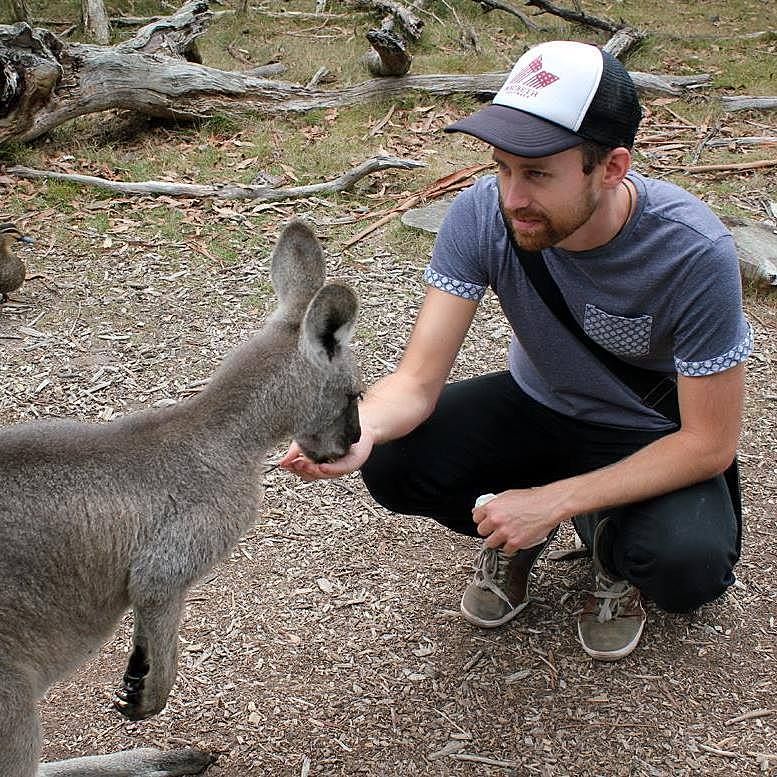The Profound Sadness of the Viral Proposal Video
Matt Harnett on the inauthenticity and sadness of what the viral proposal video represents.
On Tuesday evening, the second most-read story on The New Zealand Herald’s website was ‘Man proposes every day for a year without girlfriend knowing.’
For 365 days, from one birthday to the next, a man secretly films himself holding up a whiteboard with a marriage proposal to his spouse-to-be. Finally, after a year of secret proposals, the video is compiled and he pops the question for real, with the help of her family, in front of a crowd of onlookers, as the sun descends over the water behind him. User ‘BreakingSocialNorm’ weighed in: “Shit, now I want to marry him, and I’m not even gay.”
The video’s not an outlier: there are thousands of proposal videos on YouTube and each of the most popular pulls in millions of views. It turns out there’s a whole viral video proposal industry, with the cream of the crop appearing on news bulletins and Ellen, as well as our own NZH. The participants often become minor internet celebrities, and capitalise on their newfound reach to create businesses and livelihoods for themselves.
Ostensibly uplifting, these videos are, of course, thoroughly depressing.
I’ve never been on either side of a proposal so I can’t speak from experience, but it strikes me that any kind of planned event between two or more people is necessarily performative — designed to be seen and acted out in a particular way, whether or not everyone’s consciously aware of it. There are cultural expectations that inform how we act at afternoon barbecues, dreary office meetings, weekend house parties.
The thing is, though, when an act of supposed intimacy is instead designed to be seen by millions, it loses its authenticity — it becomes a commodified spectacle rather than a heartbeat lost in time. This isn’t the same as public displays of affection, which deliberately flout social convention in order to revel in a singular moment, celebrating the intensely private in spite of everything around them. What we’ve got here is the exact inverse of that.
It’s tempting to accuse me of being cynical about this, but the truth is quite the opposite. It’d be self-defeating to list my own private romantic gestures as I criticise the publicity of others’, but the real cynics are the people who put these videos together.
Take Dean Smith, the Arizona native who filmed himself consecutively for 365 days. Is it cynical to suppose there wasn’t one day in that entire year he argued with his wife — that they fought, sometimes bitterly, about some issue that kept them both awake at night and resentful the next day? Is it cynical to question why he filmed himself, rather than taking photos (which would have been easier to compose and put together)? Is it cynical to ask why, when the film was completed, the entire proposal was then captured from multiple viewpoints with high-def video cameras? No, it’s not cynical. It’s marketing.
Our man Dean knew he wanted to make a viral video proposal when he started filming himself, day after day, whether he felt like switching on the camera in the morning or not; he knew it when he spliced together the footage, and got his future partner’s family involved in luring her onto the beach; he knew it when he ensured that all aspects of this overwhelmingly romantic movement were carefully recorded; and he knew it when he uploaded the video to YouTube, putting in the description an email address where (media) people can get in touch: [email protected].
How far can we trust a grand romantic gesture when every component of it is scripted and recorded for later mass consumption? The truth is we can’t. By commodifying sentimentality into something that can be measured in clicks or dollars, beautiful human moments of connection are transformed into things that can be packaged and distributed, bought and sold. Maybe that’s why the creepiest YouTube proposals are the ones with the highest production values. These videos are romantic in the same way a conjugal visit is romantic.
This isn’t a diatribe against sentimentality, or grand gestures, or even the internet. Before YouTube, proposals on the big screen at ballparks had already passed beyond the realm of cliche. No – this is a diatribe against a saccharine and false manufacture of ‘the feels’ as captured, calculated marketing elements for later redistribution; immediate emotional response, produced, packaged and presented on a plate.
We’re better than ever at self-publishing the minutiae of our lived experience to produce a sort of ‘affect’ online. The aged patinas of Instagram or the ephemeral nature of Snapchat lend themselves towards the production of certain emotions, and there’s nothing wrong with that, shallow and fleeting though they may be; it’s when a meaningful real-world occasion is tarnished retroactively, by virtue of its deliberate mass appeal, that it loses its genuineness.
The pushback against this transparent inauthenticity is what’s behind the flagging enthusiasm for once-ubiquitous viral staples like the flashmob. Initially lauded for recapturing public spaces as sites of spontaneous demonstration, they’re now more often thought of as tiresomely faux-spontaneous and painfully unfunny. In part, it’s because they’ve been co-opted by marketing departments around the world as a way of generating free publicity; in part, it’s also because if you’ve seen one, you’ve seen them all.
Maybe that’s the viral video proposal’s saving grace: trite and predictable though they are, at least there’s a spark of creativity there. But why does it matter? Like cameras, like choreography, like an audience, creativity is ultimately surplus to requirements when you’re staring into the eyes of the person you love most in the world, and you’re hoping like hell they’ll say yes.


